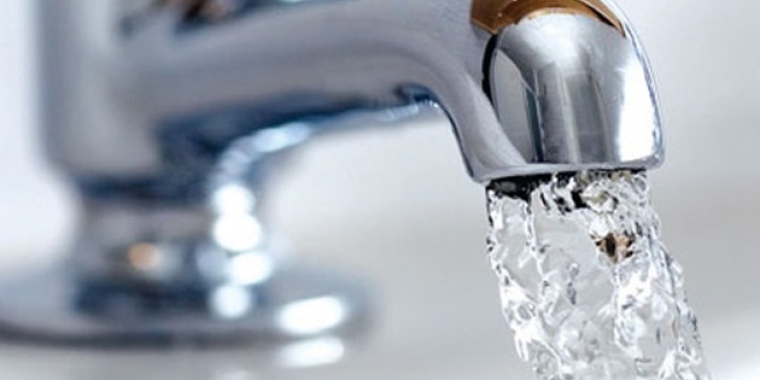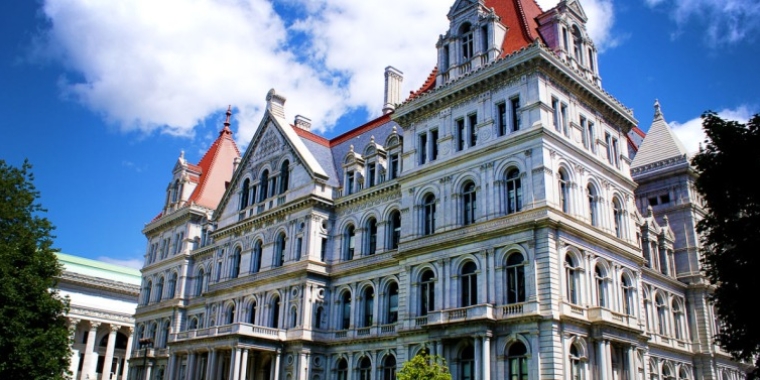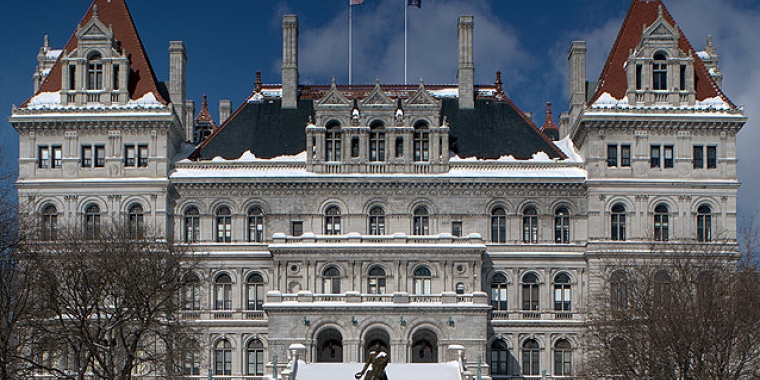
Seniors: Take the Chill Out of Winter
Patty Ritchie
December 16, 2013
-
ISSUE:
- Aging
- Senior Centers
- Seniors
Senator Ritchie’s Weekly Column
Here in Upstate New York, winter can be one of the prettiest times of the year. However, it can also be one of the most dangerous—especially for our seniors. From influenza to falls, older members of our population are particularly vulnerable to winter-weather related ailments and accidents.
Luckily, there are a number of steps that can be taken to increase safety as the mercury plunges.
Take steps against slips: It’s estimated that more than 1.6 million older Americans go to the emergency room each year for fall-related injuries, with one of the major causes for slip-ups being ice. To lessen the chances of falling, it’s always a good idea to stretch before going outside, wear boots of shoes with non-skid soles and have handrails installed near steps or other areas outside the home that may be tricky to navigate.
Check in: If you’re not a senior, remember to check in with elderly friends, family or neighbors during the cold weather. Often times, elderly people find it difficult to get out during the winter months and a simple call to see if they need anything could save a life.
Heat up with HEAP: HEAP provides a one-time benefit to your fuel provider or utility to help you make ends meet. The benefit this year can be as high as $650, depending on the type of fuel you use, whether gas, oil, electric, wood or coal. If you or a member of your household is 60 or older, and your income meets the guidelines, then HEAP may be right for you. For more information, you can call the NYS HEAP Hotline at 1-800-342-3009.
Stay warm, stay safe: As a rule of thumb, keep your home’s thermostat set at 68 degrees or above. It’s also a good idea to dress in layers and don’t forget to keep your head covered when you’re outdoors, as a great deal of heat is lost from the body through the head.
Know the signs of hypothermia: When it comes to regulating temperature, older people’s bodies are less efficient than younger individuals. That means the elderly are at an increased risk of suffering hypothermia, which sets in when one’s body temperature drops below 94 degrees Fahrenheit. Hypothermia is often referred to as a “silent killer,” as many of its victims are not aware of the threat. Symptoms include confusion, slurred speech, mood changes and possible shivering. You can prevent hypothermia by making sure your home is warm enough, keeping your head, neck, feed and hands covered at all times during cold temperatures, drinking plenty of fluids, following a healthy diet and exercising regularly.
The winter cold, snow and ice can challenging for everyone, but the conditions are especially problematic for senior citizens. If you’re a senior, I encourage you to take steps to stay warm and safe during the colder months. If you’re not a senior, I urge you to look out for older friends, family and neighbors throughout the winter season.
Share this Article or Press Release
Newsroom
Go to Newsroom
Statement from Senator Patty Ritchie
April 9, 2022


Statement from Senator Patty Ritchie
January 5, 2022
